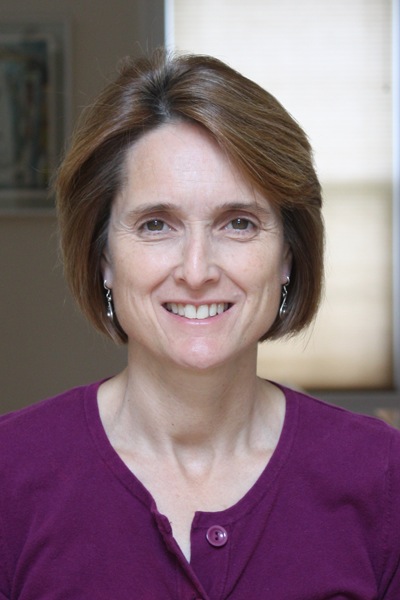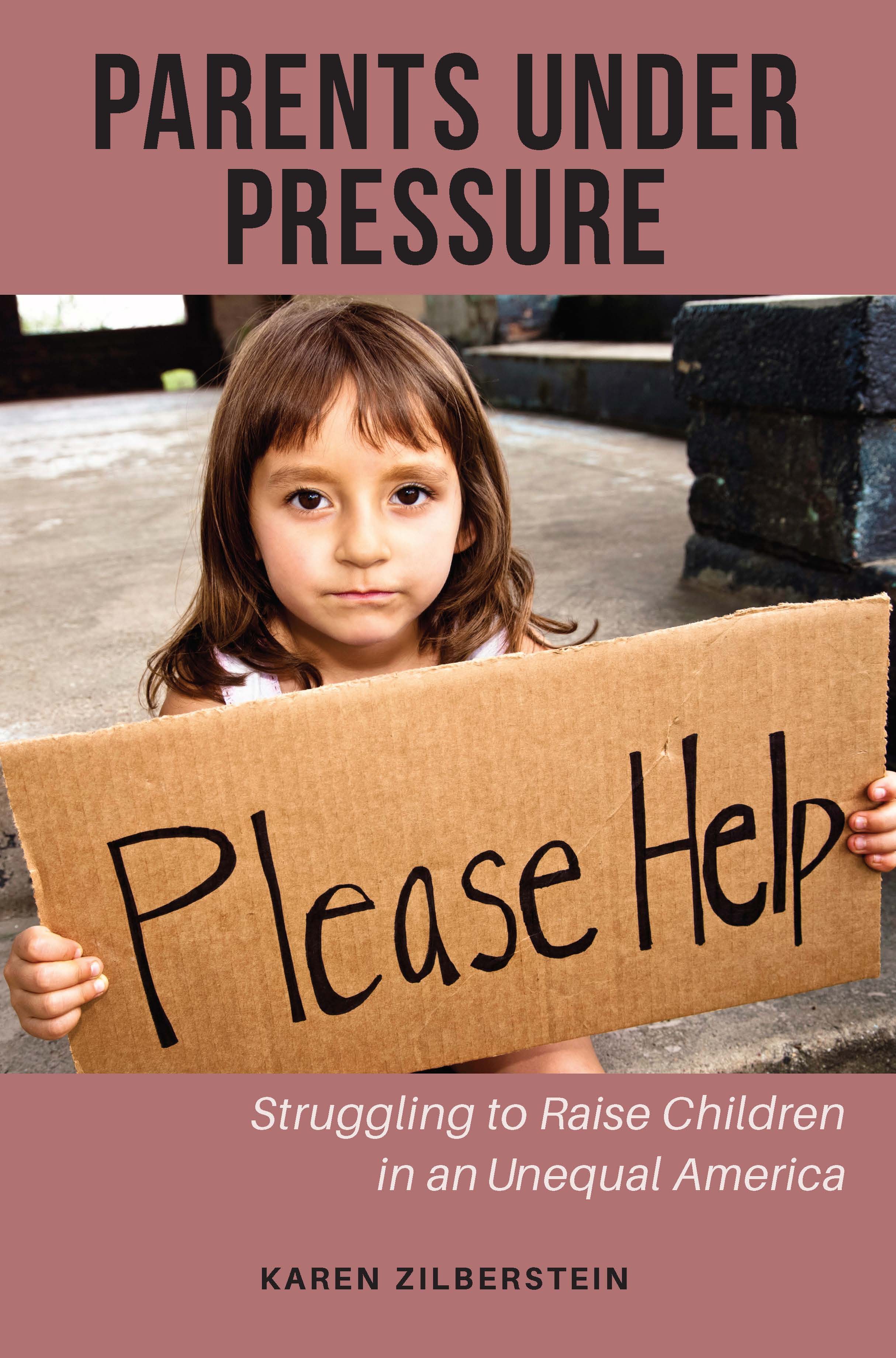Raising a child is tough no matter what the circumstances. Raising a child with disabilities is even harder, especially if you don’t have the time, money and resources to navigate the bureaucratic maze, hire lawyers and advocates and juggle appointments.
Northampton-based psychotherapist Karen Zilberstein sees these families every day in her practice. They’re tired and overwhelmed. They don’t need new behavioral strategies; they need support to cope with a fragmented care system staffed by well-meaning but overburdened people.
Zilberstein’s new book, “Parents Under Pressure: Struggling to Raise Children in an Unequal America,” spotlights six personal stories of Massachusetts families navigating that maze, often against a backdrop of poverty and addiction, coping with disabilities and disenfranchisement while seeking services. While she hopes that policymakers read the book and work to centralize and better fund support for these families, she also wants to empower marginalized, isolated families who so often fall silent.
“A lot of families felt they finally had a voice when they spoke to me. It’s very important. The way the system is set up, it made them feel like they were never doing enough. It was their fault. They couldn’t be super-parent,” she says.

Her book profiles these struggling parents and how they raise children while striving to survive. One in six American children lives in poverty. One in six struggles with a developmental disability. And Zilberstein says that access to means, resources and knowledge aren’t evenly distributed, causing many families with disabled kids to get left behind.
As she writes in the introduction: “It is not a book about families who have persevered and beat the odds. … Instead, based on extensive, recorded interviews with a few dozen parents facing difficult conditions, as well as with professionals and researchers, it highlights the experiences of six representative families hindered by low income, racial discrimination, disabilities, trauma, and/or children with extraordinary needs who are slogging through the cracks in America’s support systems. It is a book about the dreams they hold, the efforts they make, the systemic barriers they face, and the personal price they pay for their commitment.”
While policy might be slow to change, Zilberstein urges parents and communities to unite to support families in need. This is called “alloparenting.” While villages have disappeared with demanding jobs and urbanization, she calls for communities to rally together to help families, pitching in with child care, errand runs and advice.
“Researchers find that social support is the most important protective factor for sustaining people and improving mental health,” she says. “Social supports can be created through more cohesive communities and systems of care designed to augment the tasks of parents. While building a sensitive village takes hard work, struggling families will only do better when they don’t have to struggle alone.”
Often, clients come to Zilberstein depleted, unable to do one more task or attend one more meeting. They didn’t need behavioral advice or directives. They were too tired for that. They needed someone to watch their child while they took a shower or ran to CVS.

“They needed to make life manageable. Life was unmanageable. Simply saying ‘do this’ and ‘do that’ was making life harder,” she says.
As she writes in the book, “How did we, as a society, arrive at a place in which parents, contending with illness, disability, poverty, or other constraints, are expected to do so much with so little, where demands and expectations exceed the realms of possibility?”
While Zilberstein hopes the stories in her book shed light on marginalized families, she also hopes that care becomes more streamlined and less fragmented. She was inspired on a recent trip to Israel, where she ran the Tel Aviv Marathon and later met with a social worker in the Ethiopian Jewish community struggling with the same things: overburdened families pin-balling from appointment to appointment, isolated and worried.
“He said it has to be holistic,” she says. “You need someone to sit down with a family and say what’s reasonable and what isn’t reasonable, a case manager who can help organize things for you.”
But, in the meantime, society might change more quickly than policy. Zilberstein points to organizations such as It Takes a Village, a postpartum volunteer group based in western Massachusetts wherein new parents receive friendly visitors who prepare meals and babysit.
“It Takes a Village matches new parents with volunteers who come to their house and do anything the parent wants. So often what is provided for parents is rigid. Parents don’t get to choose. You get this and that service, but it might not be exactly what you need most,” she says.
Zilberstein urges struggling families to join support groups where they can learn how to navigate the system from veteran parents. She points out that some families qualify for care coordination with the Massachusetts Department of Public Health. In other towns, school counselors can serve as advocates. Zilberstein often finds herself in this role as a psychotherapist, advocating for patients at meetings and serving as a clearinghouse for resources.
While such policy might not change quickly enough, neighbors can fill the gaps. She hopes the book inspires people to take action in their own villages.
“When [social support] isn’t there, people do worse: anxiety, depression, mental illness,” she says. “Social support is the thing that really helps people. Now, we send people to therapists to get that support. It would be better if it were organic. Some neighborhoods are like that, but overall, communities have broken down. It would make a huge difference for someone to say, ‘Do you need to take a shower? I’ll watch your kid for an hour. I’m going to the grocery store, can I pick something up for you?'”



